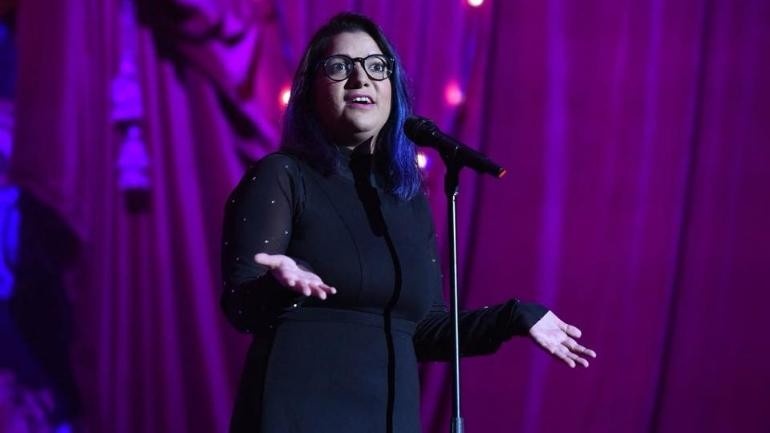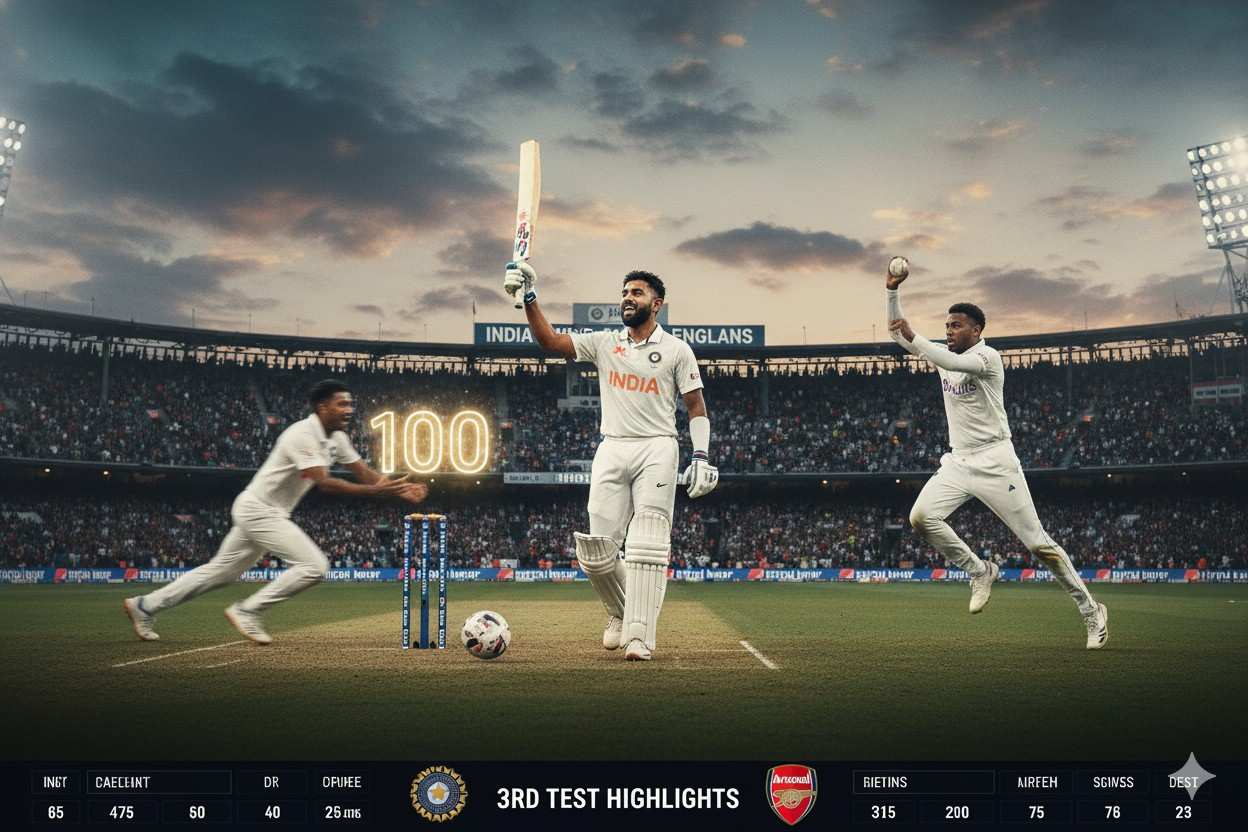When the #MeToo movement took off in India in 2018, it was largely men being accused of misconduct. But one story broke the mold — MeToo Female Version Kaneez Surka Accuses Comedian Aditi Mittal Of Sexual Harassment. For the first time, two women from India’s comedy scene were at the center of a #MeToo controversy. What followed revealed new layers of how consent, accountability, and public image intersect in creative spaces.
The Allegation
Comedian Kaneez Surka accused fellow comic Aditi Mittal of forcibly kissing her on stage without consent. The incident allegedly occurred in January 2016 during a comedy show in Andheri, Mumbai. Surka said Mittal “walked on stage and forcefully kissed me on my mouth out of the blue and put her tongue in my mouth,” describing the moment as “humiliating and completely stripping me of choice.”
At first, Surka addressed the issue privately. She reached out to Mittal the following year, seeking acknowledgment and an apology. Mittal allegedly apologized in private but became distant later. In 2018, when Mittal began voicing support for the #MeToo movement, Surka felt compelled to go public, calling it an act of hypocrisy.
Aditi Mittal’s Response
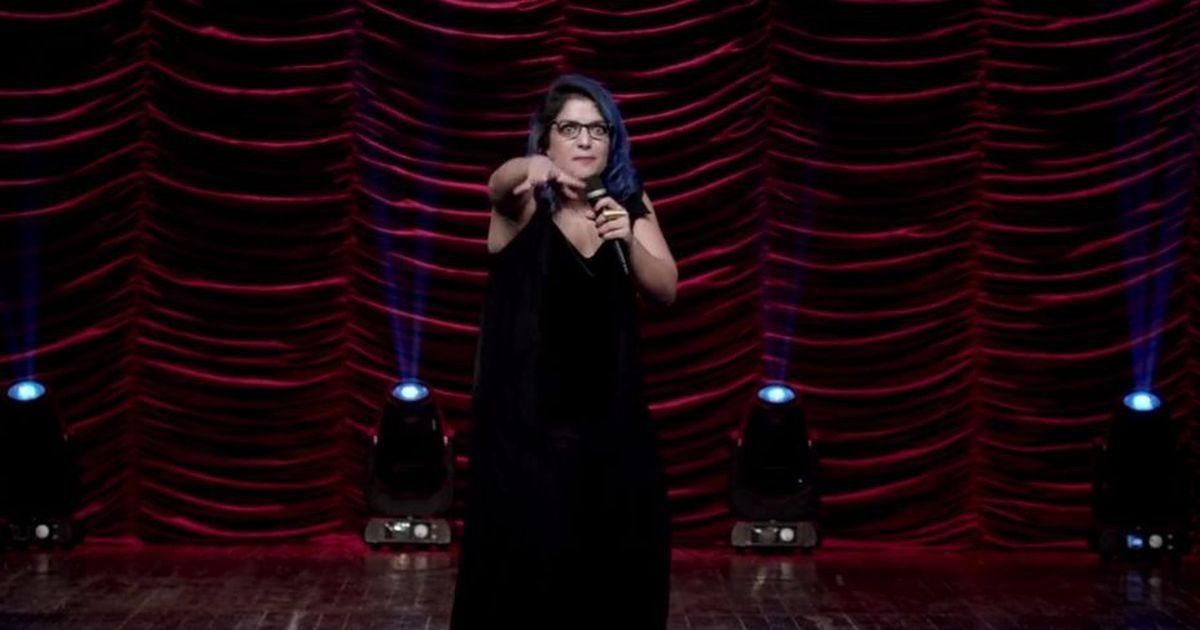
Image source: Scroll.in
When the allegation surfaced, Aditi Mittal posted a lengthy apology on Twitter. She admitted to giving Surka a “peck on the lips” during a performance but denied using her tongue. Mittal said it was meant as “a joke as part of the act” and insisted her intentions were not sexual. However, she acknowledged that the act violated Surka’s personal space and caused discomfort.
Mittal said she had already apologized privately in 2017 and claimed Surka accepted it at the time. Yet, after Surka’s public post, she chose to issue another apology to “reiterate regret” and clarify her side. She wrote that she had reflected deeply on her actions and recognized how easily boundaries could be crossed, even without harmful intent.
Contrasting Accounts
To understand both sides clearly, here’s a brief comparison:
| Aspect | Kaneez Surka’s Account | Aditi Mittal’s Account |
| Nature of act | Forceful kiss with tongue, without consent. | Playful peck on lips as part of the act. |
| Impact | Felt humiliated, stripped of agency. | Claimed it was non-sexual and misinterpreted. |
| Initial apology | Private message; later turned hostile. | Says she apologized in 2017 and it was accepted. |
| Public stance | Wanted public acknowledgment for closure. | Issued public apology, clarified intent. |
This contrast shaped the public conversation — not just about the act itself, but about intent versus impact. Whether or not the act was meant as a joke, Surka’s discomfort underscored how intent does not erase harm.
Why the Case Stood Out

Image source: YouTube
This case became one of the most discussed moments of the #MeToo wave in India. Unlike the many accusations directed at men, it introduced a rare same-gender dynamic, forcing a broader look at harassment, accountability, and the nature of consent.
1. A Rare Gender Dynamic
The story disrupted the traditional narrative of men as perpetrators and women as victims. It showed that misconduct can occur across genders, and anyone can violate another’s boundaries.
2. Comedy and Consent
Performing arts often blur personal and professional boundaries. Mittal’s defense — that it was part of the act — raised a critical point: even in comedy, consent must remain clear. The case prompted India’s comedy scene to reflect on physical boundaries during performances.
3. The Power of Public Accountability
Surka’s demand for a public apology highlighted how #MeToo is as much about acknowledgement as it is about justice. For her, private contrition wasn’t enough — the harm occurred publicly, so the apology should too.
4. Community Divisions
The stand-up community found itself split. Some comedians supported Surka’s right to speak out, while others worried about reputational fallout. The discussion widened beyond individuals to the culture of silence and complicity in creative circles.
Timeline of Events
| Year | Event |
| 2016 | Alleged incident at a Mumbai comedy show where Mittal kissed Surka on stage. |
| 2017 | Surka reportedly confronts Mittal privately; Mittal issues a private apology. |
| 2018 (Oct) | Surka posts about the incident publicly during India’s #MeToo movement. |
| 2018 (Oct, same week) | Mittal issues a public apology on Twitter, clarifying her intent and expressing regret. |
Broader Impact on the #MeToo Movement
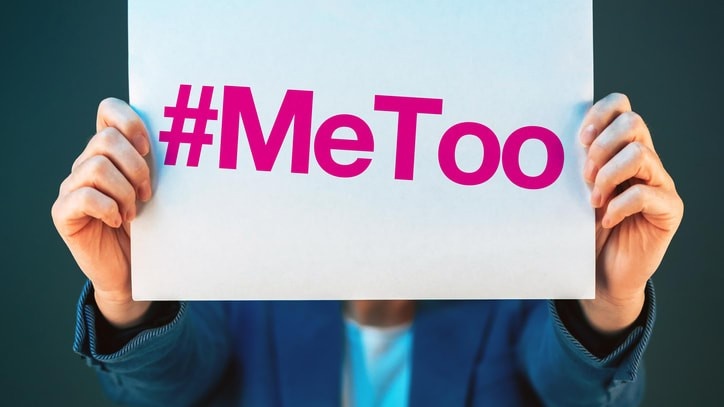
Image source: SHRM
The MeToo Female Version Kaneez Surka Accuses Comedian Aditi Mittal Of Sexual Harassment case expanded how India understood the #MeToo movement. It made people rethink assumptions about gender and power in harassment claims.
Gender Neutrality in Accountability
The movement’s strength lies in its universality. This incident demonstrated that the conversation must remain gender-neutral, focusing on consent, respect, and harm rather than identity alone.
Influence on the Creative Sector
The Indian comedy circuit, previously seen as progressive, faced internal reckoning. Discussions about unwelcome physical contact, greenroom conduct, and consent training gained momentum. For many artists, it became a wake-up call to create safer workspaces.
Intent vs. Impact Debate
Mittal’s defense — “I didn’t mean harm” — sparked important discourse. The #MeToo movement reinforced that impact outweighs intent. An action may not be malicious, but if it violates someone’s comfort or autonomy, it remains unacceptable.
The Role of Apology and Closure
Apologies during #MeToo carries social weight. They aren’t just personal — they signal acknowledgment of power dynamics and public responsibility. Surka’s insistence on a public apology wasn’t about revenge; it was about validation and closure.
Mittal’s eventual apology, though criticized by some as defensive, reflected a growing recognition of how even “lighthearted” acts can perpetuate harm. The case served as a cultural checkpoint for self-awareness in India’s creative industry.
Lessons from the Case
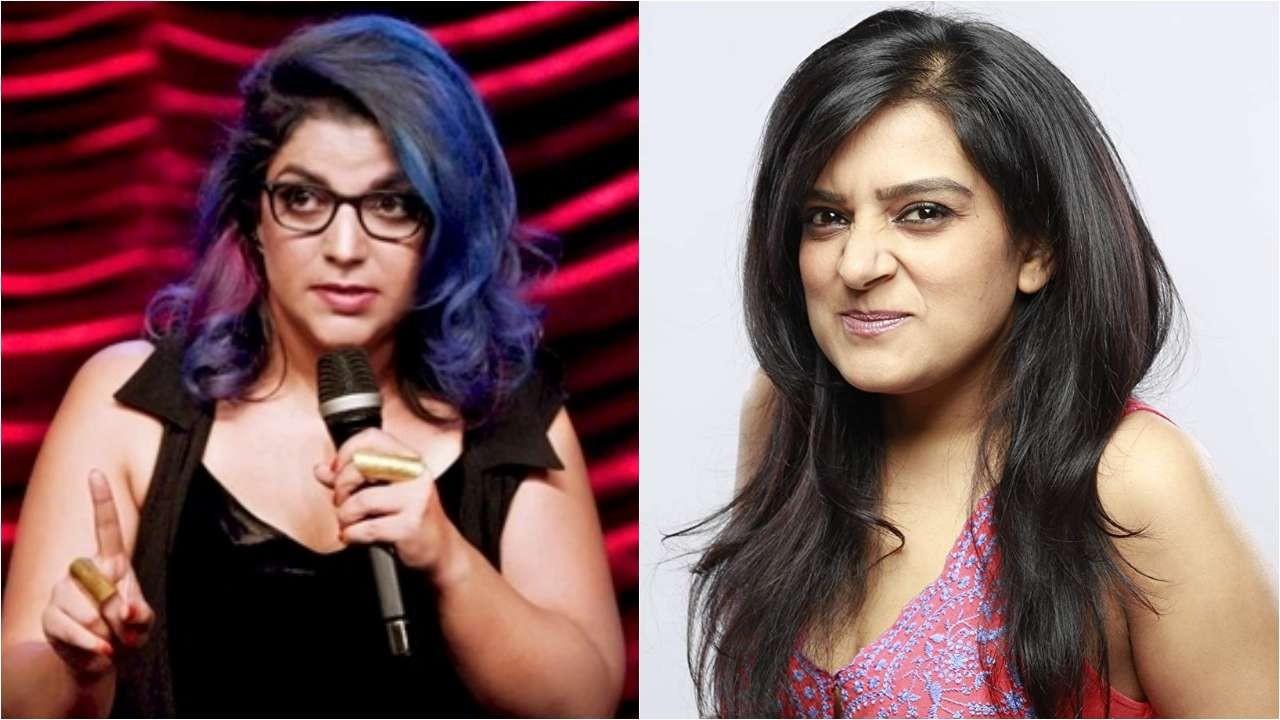
Image source: TheLiveMirror
- Consent is context-independent: Even if it happens on stage or within performance art, it still requires mutual agreement.
- Accountability is universal: Gender doesn’t exempt anyone from scrutiny.
- Apologies matter: Public harm often calls for public acknowledgment.
- Boundaries in comedy are real: Humor cannot override personal comfort.
- Listening is key: Survivors deserve to be heard without immediate judgment.
FAQs
Q1. What exactly happened between Kaneez Surka and Aditi Mittal?
Kaneez Surka accused Aditi Mittal of kissing her on stage without consent in 2016. Mittal said it was a non-sexual joke as part of an act, but later apologized publicly for violating Surka’s space.
Q2. Why did Surka come forward years later?
Surka said she spoke up after seeing Mittal being praised as a #MeToo supporter. She wanted to highlight hypocrisy and find closure through a public apology.
Q3. Did Aditi Mittal admit wrongdoing?
Mittal denied the sexual nature of the act but admitted that her behavior was inappropriate and made Surka uncomfortable. She apologized both privately and publicly.
Q4. Was there any legal action?
No legal case was filed. The matter remained a public and social conversation rather than a court dispute.
Q5. What impact did the case have?
It sparked debates about gender neutrality in #MeToo pushed the Indian comedy community to address boundaries and consent more openly.
Final Thoughts
The MeToo Female Version Kaneez Surka Accuses Comedian Aditi Mittal Of Sexual Harassment story stands as a defining moment in India’s #MeToo journey. It challenged public perception of who can be an offender and reinforced that consent must be respected regardless of gender or context.
Both women, known for breaking stereotypes through comedy, found themselves in a story that exposed the fine line between humor and harm. Beyond controversy, it reminded India’s entertainment world that accountability, empathy, and awareness must remain central to every professional space.
Feature image source: India Today

